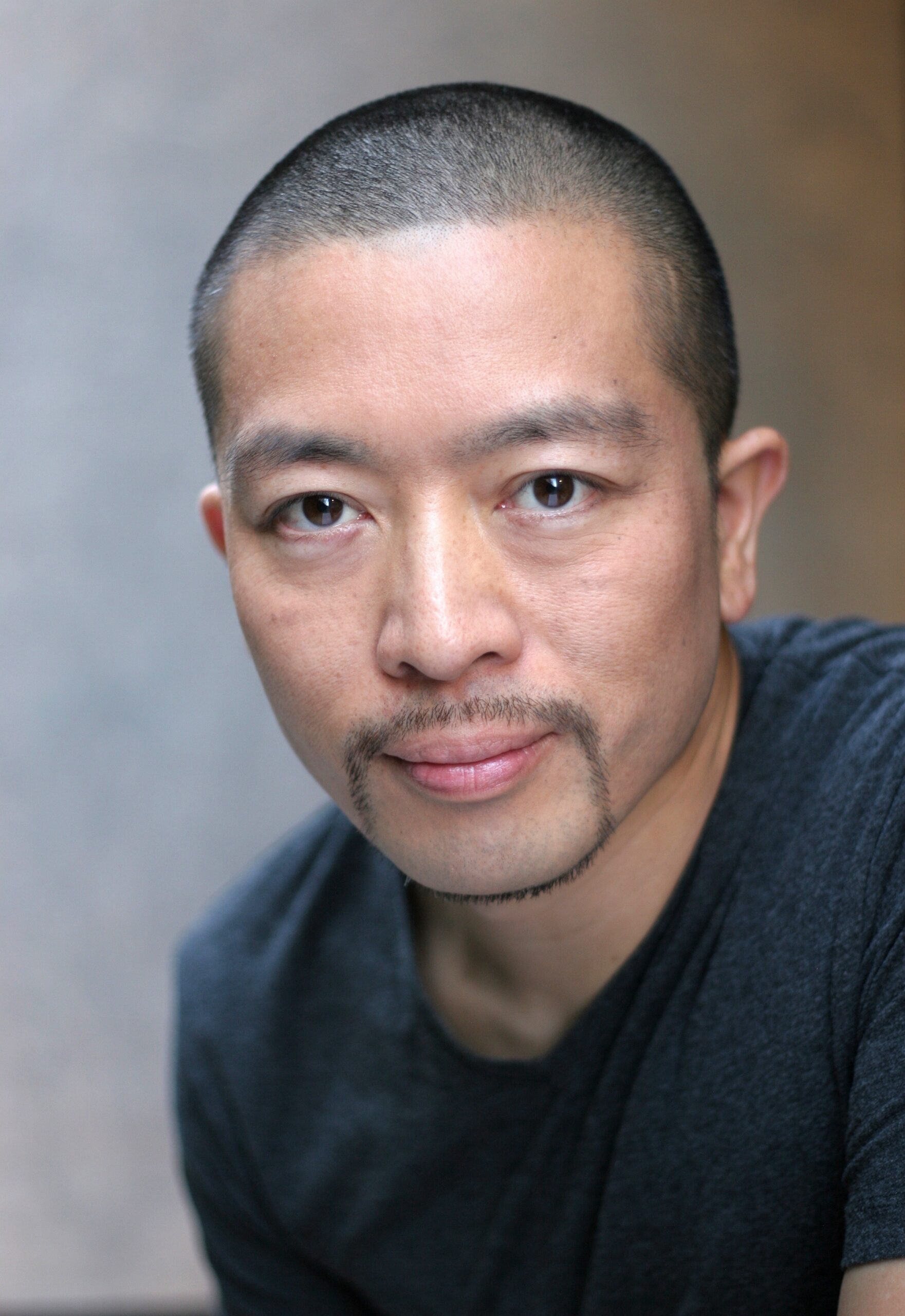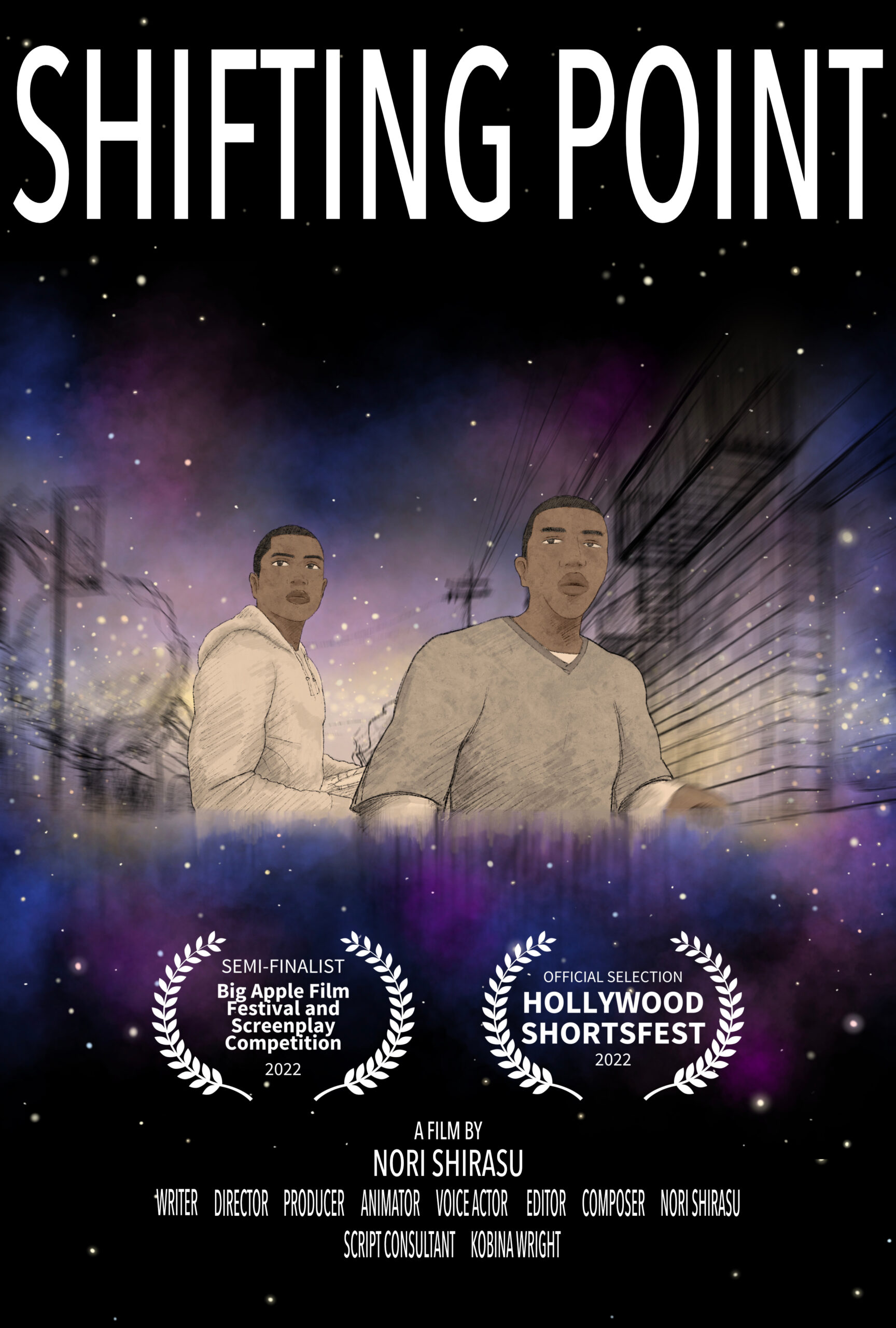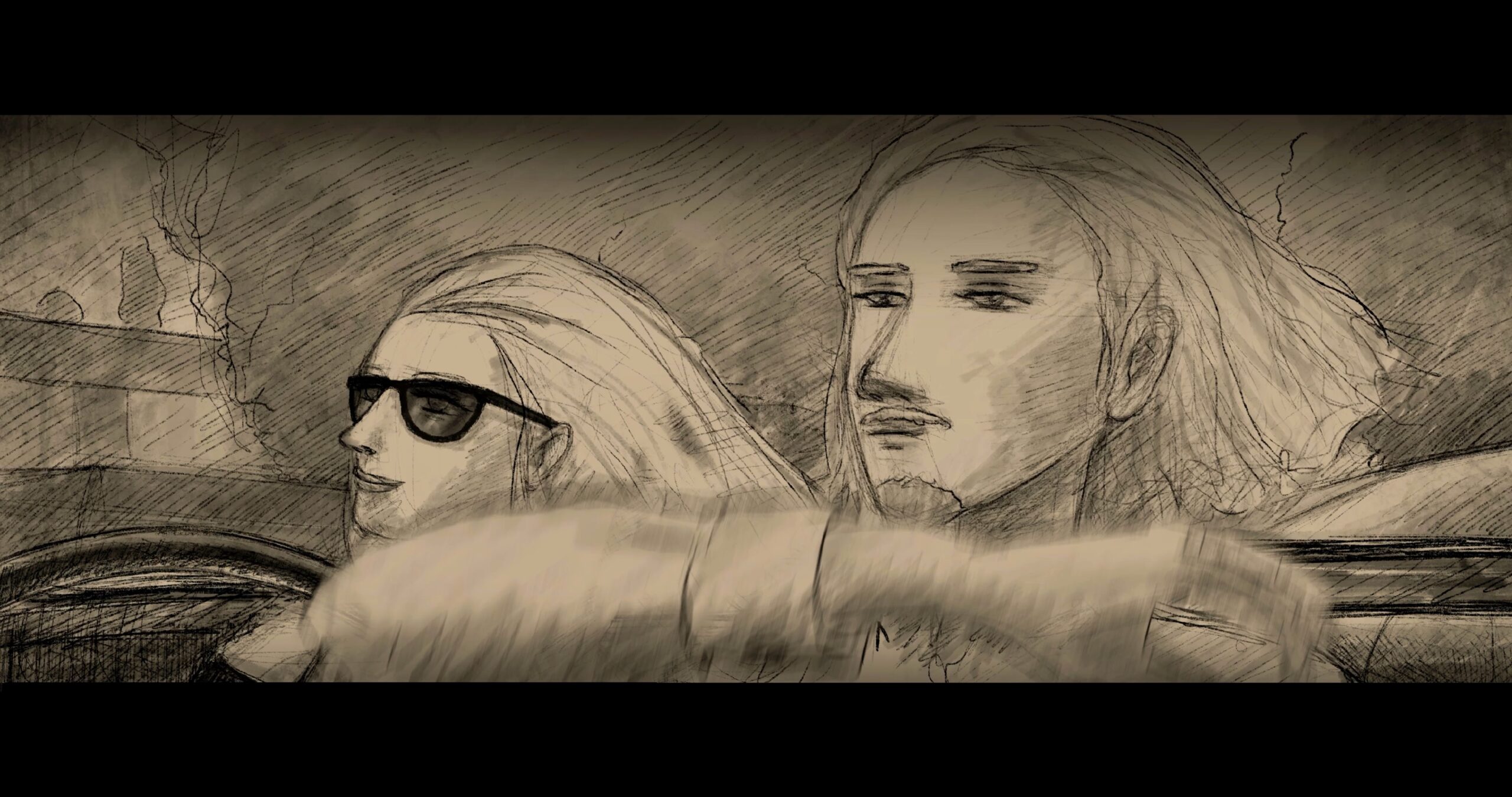
"Humans are like little germs spread on the surface of this vulnerable planet called earth. Some may have a problem with our different appearances. It is up to us whether we destroy ourselves and end our lives or team up and live together as one."
Nori, you were the Writer, director, producer, composer, animator, voice actor, and editor on "Shifting Point". How were you able to balance every single role?
Do you feel like any specific life experiences you might have had inspired you towards creating this short film? If so, would you mind sharing any with us?
Since 2015, I had the opportunity to start working and building a friendship with actor Pauletta Washington. One of the films we made was officially selected and screened at the Smithsonian African American Film Festival in 2018. While making a film with her, I slowly begun to build the concept for my own film. As an artist and as a humanitarian, it has always been my vision to create an art that can unite people, love each other and work toward our future together. I was also inspired and greatly disturbed by the Travon Martin's tragic incident. The environmental issue has been discussed for many years but hasn't been resolved. It's time for us to make a giant step.

What was your creative process like when developing the concept and script for this film?
What are some of the most important steps you think we can take as individuals and as a society to build a more inclusive and sustainable future for ourselves and future generations?
